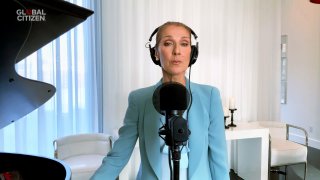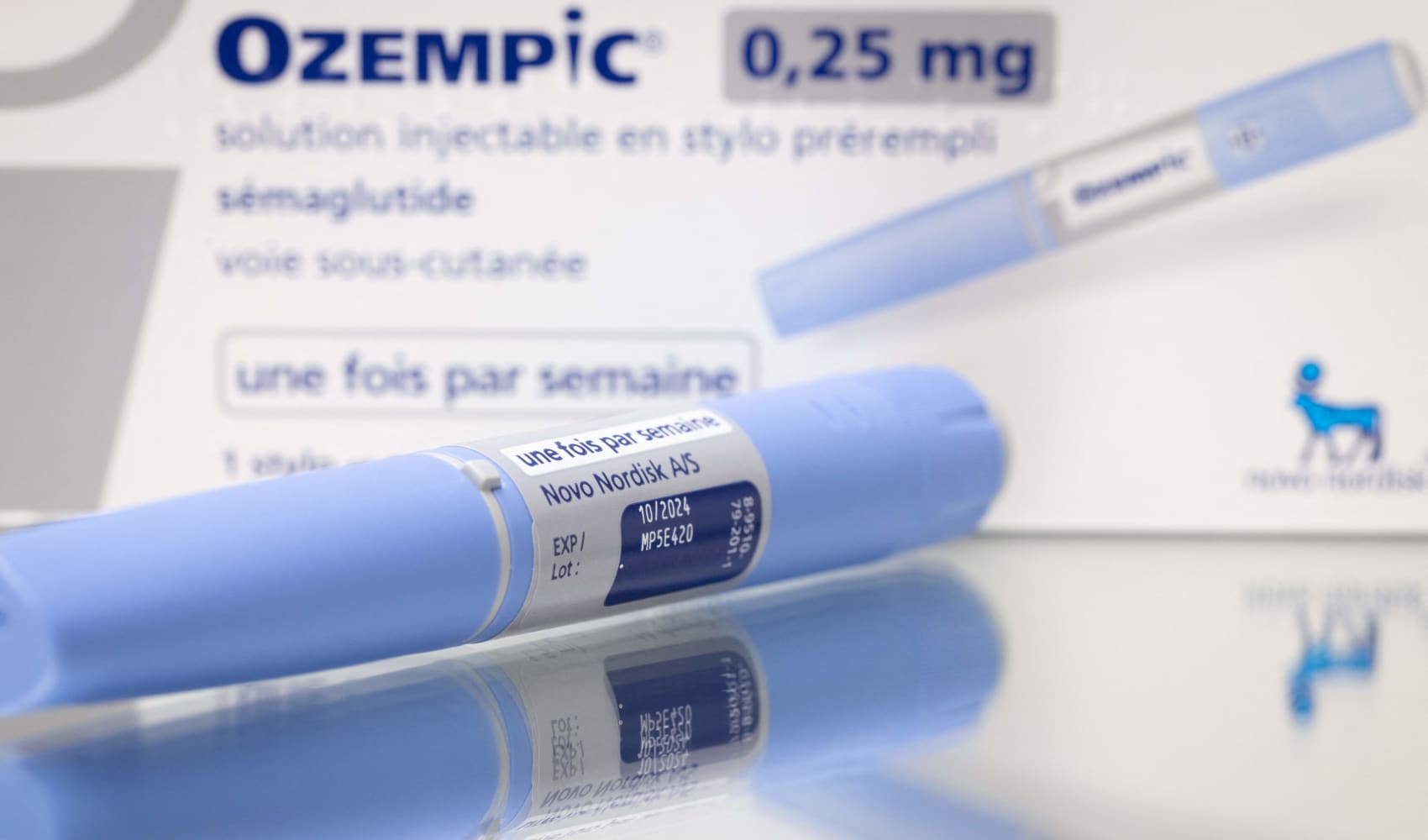
Celine Dion revealed to fans Thursday that she had been diagnosed with a rare neurological disorder known as "stiff person syndrome." But what is it exactly?
According to Yale Medicine, stiff person syndrome is an autoimmune neurological disorder that can cause muscles in the torso and limbs to "alternate between rigidity and spasms." In other words, the "muscles can sometimes rebel against us."
The National Institute of Neurological Disorders and Stroke notes that it can also lead to "a heightened sensitivity to stimuli such as noise, touch, and emotional distress, which can set off muscle spasms."
Dion said the symptoms can be debilitating.
Feeling out of the loop? We'll catch you up on the Chicago news you need to know. Sign up for the weekly Chicago Catch-Up newsletter here.
"Unfortunately, the spasms affect every aspect of my daily life, sometimes causing difficulties when I walk and not allowing me to use my vocal cords to sing the way I’m used to,” she said.
Dion said she had no choice but to postpone her “Courage” tour, which was to restart in February after several delays. Her spring 2023 shows have been moved to 2024 and her summer 2023 concerts have been canceled.
"I miss seeing all of you, being on the stage, performing for you. I always give 100% when I do my shows, but my condition is not allowing me to give you that right now,” she said.
Health
The disease is still considered extremely rare and no cause has been determined so far, though the NINDS reports women are twice as likely to be diagnosed with it as men.
Symptoms can sometimes be confused for things like Parkinson’s disease, multiple sclerosis, fibromyalgia, a psychosomatic illness, and more, experts say. But NINDS said a blood test can offer a more "definitive diagnosis."
Symptoms can start between the ages of 30 and 60, Yale Medicine reported.
Currently, there is no cure for the disease, but there are some treatment options that can offer relief.
“People with stiff person syndrome can run the spectrum from mild to severe, and a personalized approach to treating the disease is the best way to ensure an improved outcome,” Dr. Richard Nowak, a neurologist at Yale Medicine, said in a statement.
According to health experts, those with the disorder are often treated with muscle relaxers, steroids, anti-convulsants, physical therapy and more.
Dion said getting better has been a challenge.
“I’m working hard with my sports medicine therapist every day to build back my strength and my ability to perform again, but I have to admit it’s been a struggle,” she said. “All I know is singing. It’s what I’ve done all my life and it’s what I love to do the most. I miss you so much. I miss seeing all of you, being on the stage performing for you. I always give a hundred percent when I do my shows, but my condition is now allowing me to give you that right now."
The Associated Press contributed to this report.



